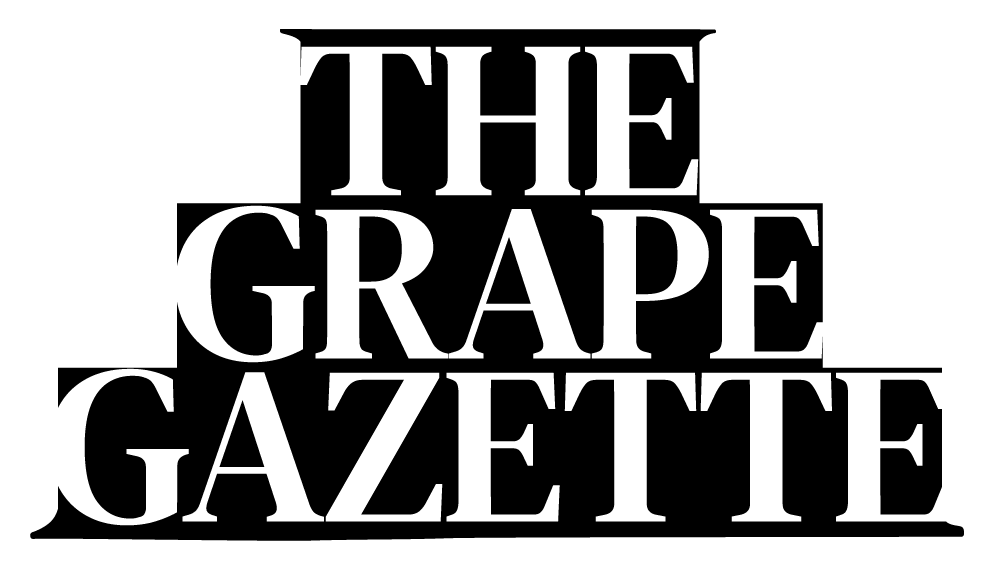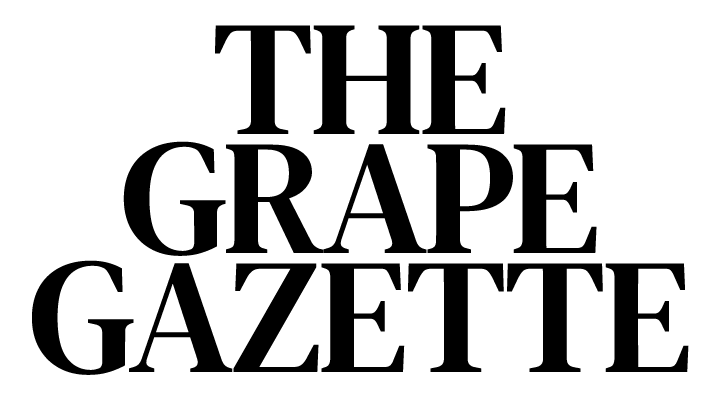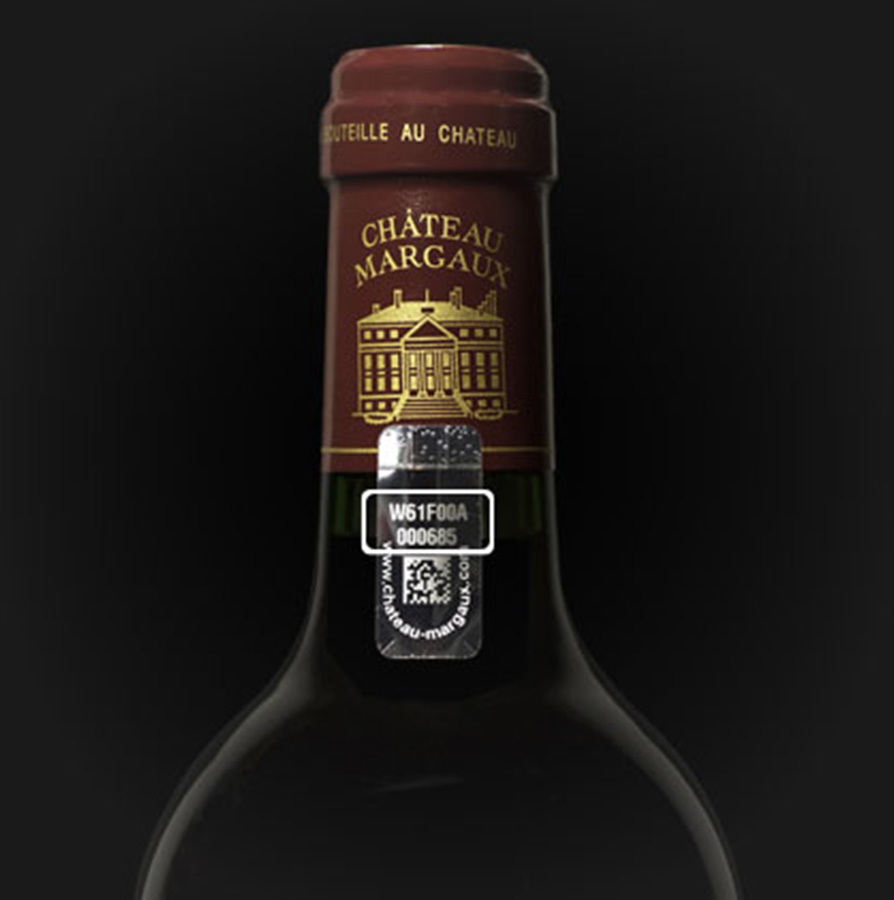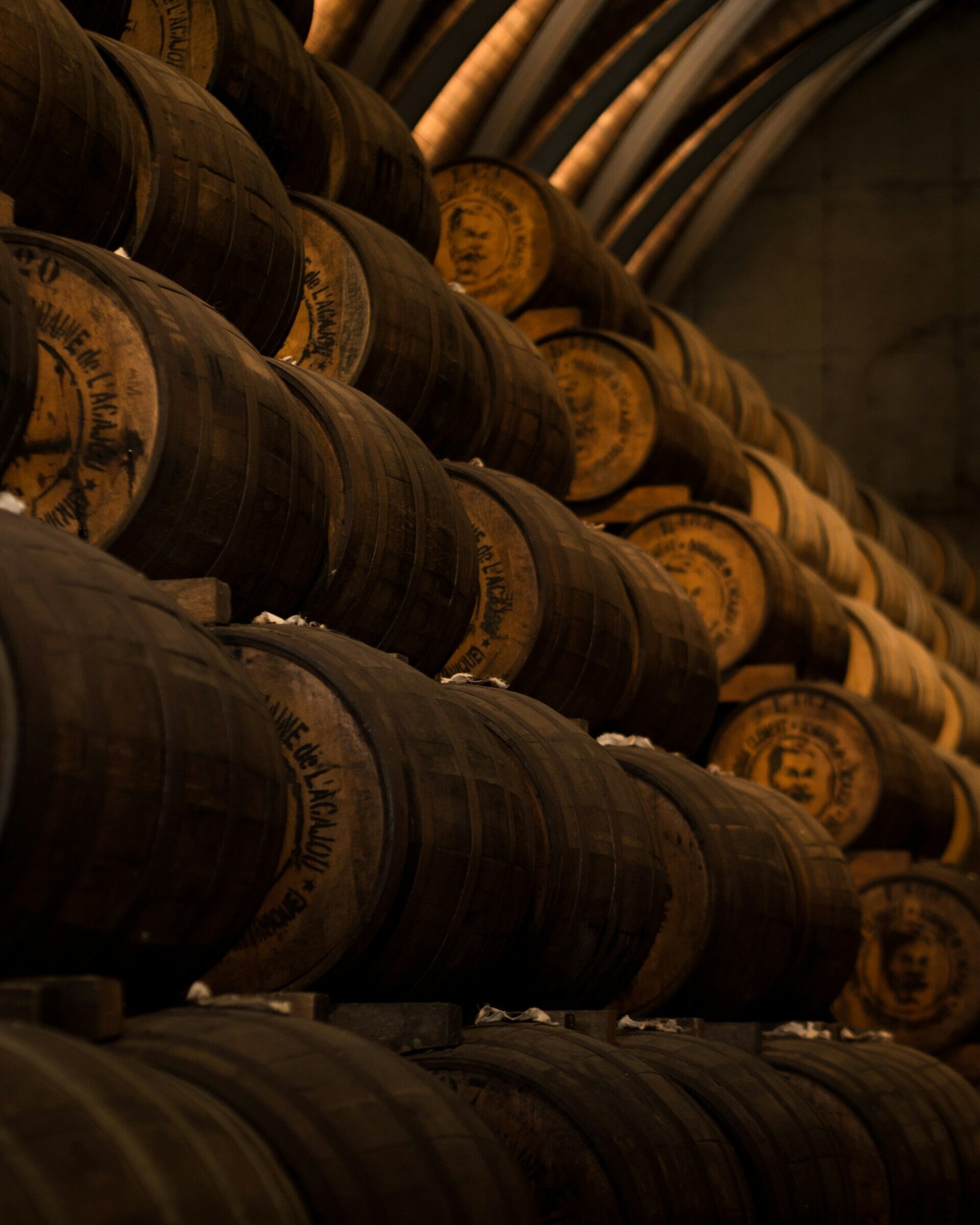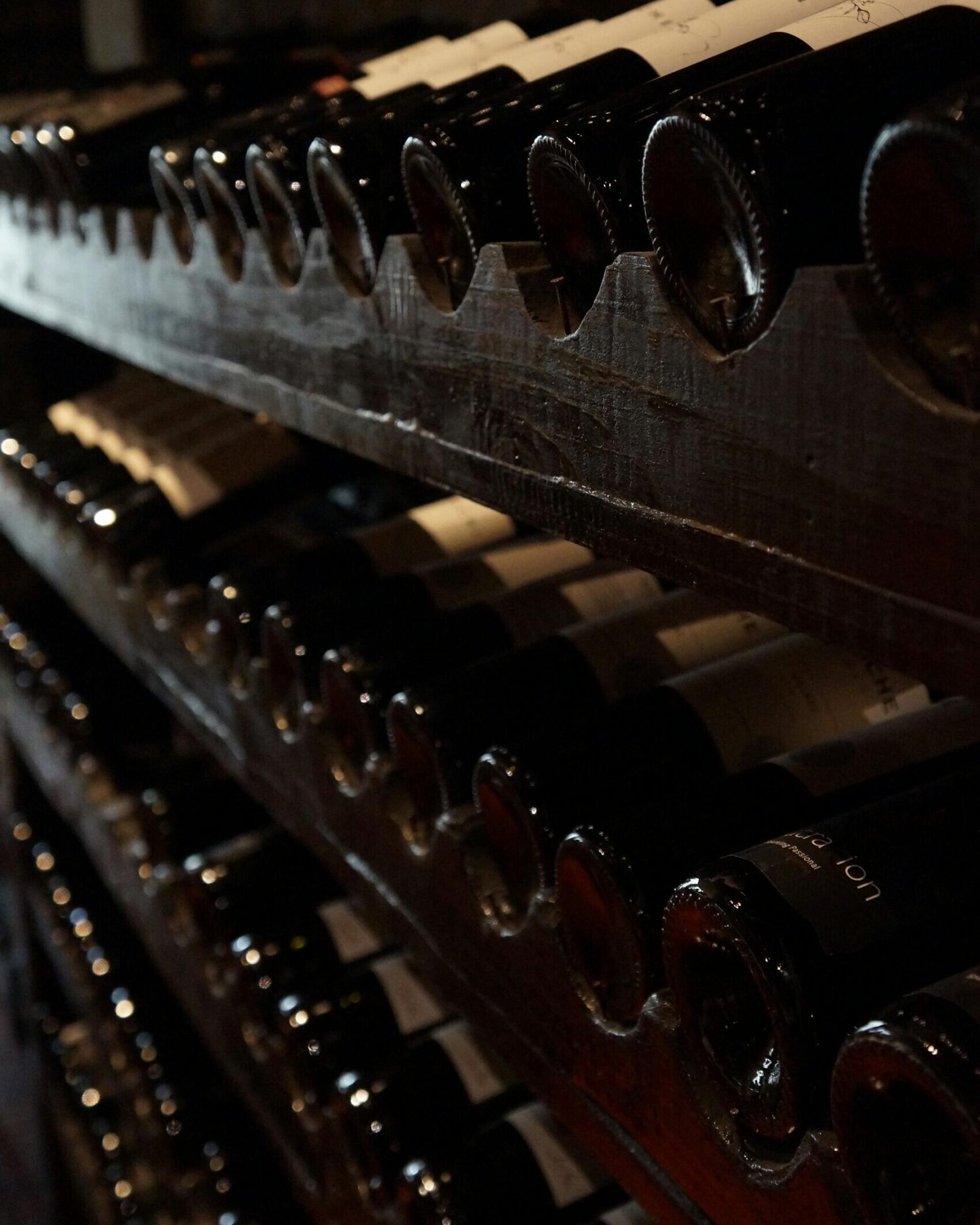Wine fraud has been a persistent issue in the industry, particularly for expensive and rare wines. Counterfeit bottles are estimated to make up a significant percentage of the global wine market, costing producers and collectors millions each year. These fraudulent practices range from simple relabeling of cheap wines to mimic more expensive brands, to more sophisticated operations involving the production of fake bottles and labels.
For wine collectors, investors, and enthusiasts, the authenticity of a bottle is paramount. Not only does wine fraud undermine consumer confidence, but it also affects the reputation and revenue of genuine producers. This is where blockchain technology comes into play, offering a solution to ensure the traceability and authenticity of wines from vineyard to glass.
How Blockchain Works in the Wine Market
Blockchain is a decentralised, digital ledger that records transactions across multiple computers in a way that makes the records difficult to alter retroactively. This technology can provide a transparent and immutable record of a wine’s journey from the vineyard, through production and distribution, to the end consumer. Here’s how blockchain can be applied to the wine market:
- Tracking and Traceability: Each bottle of wine can be tagged with a unique identifier, such as a QR code or an RFID chip, that is recorded on the blockchain. This identifier tracks every stage of the wine’s production and distribution, providing a transparent history. Consumers can scan this code to access detailed information about the wine’s origin, grape variety, production process, and journey to the shelf. This level of traceability helps prevent fraudulent practices by making it easier to verify a wine’s provenance.
- Supply Chain Transparency: Blockchain allows every participant in the wine supply chain, from vineyard owners and winemakers to distributors and retailers, to input data into a shared ledger. This ledger is accessible to all participants and provides a clear, tamper-proof record of every transaction. If a bottle is recalled, for example, its entire journey can be traced back through the blockchain, pinpointing where issues occurred and ensuring accountability.
- Authenticity Verification: For rare and high-value wines, blockchain can be particularly valuable. Producers can record the bottling, packaging, and storage conditions on the blockchain, and certificates of authenticity can be digitally attached to each bottle’s record. This means collectors and investors can easily verify the authenticity of a bottle before purchase, reducing the risk of buying counterfeit wine.
- Consumer Engagement and Education: Blockchain can also enhance consumer engagement by providing more transparency about the wine they are buying. By scanning a bottle’s QR code, consumers can access a wealth of information about the wine, including tasting notes, food pairing suggestions, and even videos from the winemaker. This added transparency can boost consumer trust and loyalty, particularly among younger, tech-savvy wine drinkers who value authenticity and ethical production practices.
Blockchain in Action
Several companies and vineyards are already leveraging blockchain to enhance transparency and combat fraud:
- Château Margaux: This renowned Bordeaux producer has started using blockchain to guarantee the authenticity of its wines. By scanning a unique code on each bottle, buyers can verify its history and ensure they are purchasing a genuine product. Ensuring the authenticity of a wine bottle has become crucial in today’s market, especially with the prevalence of counterfeit wines. A great example of this is how renowned producers like Château Margaux are leveraging technology to guarantee the authenticity of their wines. By visiting their bottle authentication page, you can easily verify the legitimacy of a Château Margaux bottle. This tool, backed by innovative technologies like blockchain, allows consumers to confirm the wine’s origin, ensuring they receive a genuine product directly from the vineyard.
- Arianee and Wine Vault: Arianee, a blockchain technology company, has partnered with Wine Vault to provide digital passports for wines. These passports are stored on the blockchain and provide a record of the wine’s provenance, production details, and ownership history. This technology has been particularly useful for rare and expensive wines, providing an extra layer of security and assurance for buyers.
- Everledger: A blockchain company that has worked with several wine producers to create a digital provenance record for high-value wines. Everledger’s system uses RFID tags to track each bottle’s journey and records every transaction on the blockchain, making it easy for buyers to verify authenticity.
Benefits Beyond Authenticity
While the primary driver for using blockchain in the wine industry is to combat fraud, there are several additional benefits:
- Enhanced Supply Chain Efficiency: With a single, unified ledger, all parties in the wine supply chain can coordinate more effectively, reducing paperwork and manual processes, which can lower costs and improve efficiency.
- Improved Inventory Management: Blockchain can provide real-time updates on stock levels and product locations, helping wineries and distributors manage their inventory more efficiently and reduce waste.
- Sustainability and Ethical Sourcing: Blockchain can also be used to track the sustainability credentials of a wine, recording information on organic farming practices, carbon footprint, and fair labour conditions. This data can be valuable for consumers who prioritise sustainability and ethical sourcing in their purchasing decisions.
While blockchain offers numerous advantages, there are challenges to its widespread adoption in the wine industry:
- Cost and Complexity: Implementing a blockchain system requires a significant investment in technology and training. For smaller wineries, the cost and complexity of adopting blockchain may be a barrier.
- Integration with Existing Systems: Many wineries and distributors already use various systems for inventory management and supply chain tracking. Integrating these with a new blockchain platform can be challenging.
- Regulatory Hurdles: The wine industry is heavily regulated, and there may be legal and compliance issues to consider when adopting blockchain technology, particularly for international transactions.
The Future of Blockchain in Wine
As the wine industry continues to face challenges with authenticity and transparency, the adoption of blockchain technology is likely to grow. As more producers and distributors recognise the benefits of a tamper-proof, transparent ledger, blockchain could become a standard tool for ensuring the authenticity and traceability of wine.
Moreover, as consumers become more interested in the origins and ethics of their purchases, the demand for transparent and verifiable information will increase. Blockchain technology not only meets this demand but also offers a competitive edge to wineries that adopt it early.
In the future, we may see blockchain integrated with other emerging technologies, such as AI and IoT, to create even more sophisticated systems for managing the wine supply chain. For now, blockchain offers a promising solution to some of the wine industry’s most pressing challenges, paving the way for a more transparent, trustworthy market.
